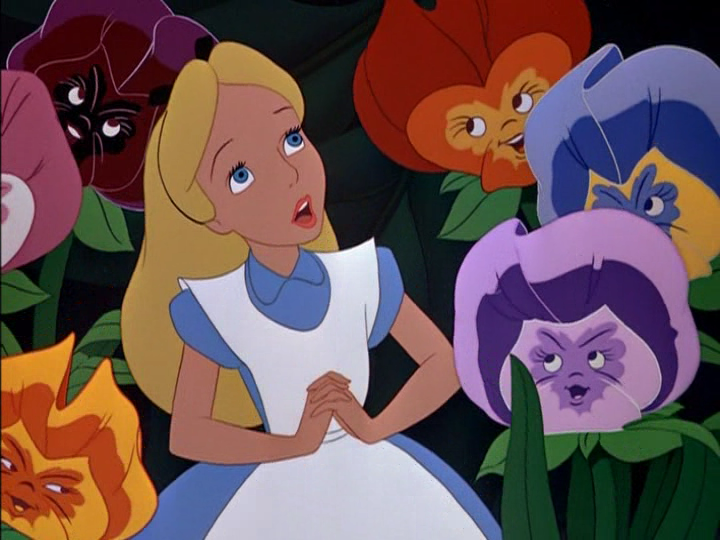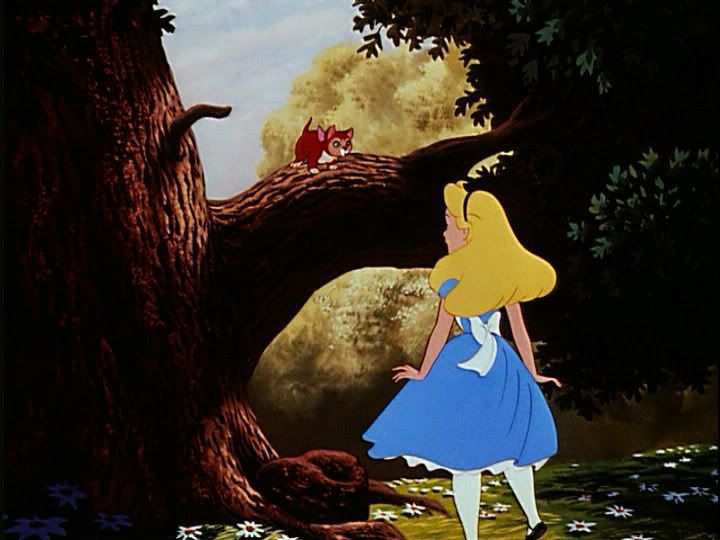she is a being in the process of becoming.
The more she enables herself to become,
the more she fulfills her true mission.
~Rudolf Steiner

Who R U?
Beyond the name we have been given, beyond the various identifications we have with which to measure and define ourselves, beyond science and religion, beyond language and the annotated histories of the human species of which some of us may relate to as the only genetic family we have to associate ourselves with amongst the vast cosmos, beyond all this 'stuff' -- who and what are we?
At the Kauai Aadheenam, in Hawaii, during the Hindu year of Vrisha, 5103, Satguru Sivaya Subramuniyaswami offered these profound reflections on the phenomena of Self:
"The Self: you can't explain it. You can sense its existence through the refined state of your senses, but you can't explain it. To know it, you have to experience it, and the best you could say about it is that it is the depth of your Being, it's the very core of you. It is you.
If you visualize above you nothing; below you nothing; to the right of you nothing; to the left of you nothing; in front of you nothing; in back of you nothing; and dissolve yourself into that nothingness, that would be the best way you could explain the realization of the Self. And yet that nothingness would not be the absence of something, like the nothingness inside an empty box, which would be like a void. That nothingness is the fullness of everything: the power, the sustaining power, of the existence of what appears to be everything.
But after you realize the Self, you see the mind for what it is---a self-created principle. That is the mind ever creating itself. The mind is form ever creating form, preserving form, creating new forms and destroying old forms. That's the mind, the illusion, the great unreality, the part of you that in your thinking mind you dare to think is real. What gives the mind that power? Does the mind have power if it is unreal? What difference whether it has power or hasn't power, or the very words that I am saying when the Self exists because of itself?
You could live in the dream and become disturbed by it. Or you can seek and desire with a burning desire to cognize reality and be blissful because of it. Man's destiny leads him back to himself. Man's destiny leads him into the cognition of his own Being; leads him further into the realization of his True Being.
They say you must step onto the spiritual path to realize the Self. You only step on the spiritual path when you and you alone are ready, when what appears real to you loses its appearance of reality. Then and only then are you able to detach yourself enough to seek to find a new permanent reality.
Have you ever noticed that something you think is permanent, you and you alone give permanence to that thing through your protection of it?
Have you ever stopped to even think and get a clear intellectual concept that the Spirit within you is the only permanent thing? That everything else is changing? That everything else has a direct wire connecting it to the realms of joy and sorrw? That is the mind.
As the Self, your Effulgent Being, comes to life in you, joy and sorrow become a study to you. You do not have to think to tell yourself that each in its own place is unreal. You know from the inmost depth of your being that form itself is not real.
The subtlety of the joys that you experience as you come into your Effulgent Being cannot be described. They can only be projected to you if you are refined enough to pick up the subtlety of vibration. If you are in harmony enough, you can sense the great joy, the subtlety of the bliss that you will feel as you come close and closer to your real Self.
If you strive to find the Self by using your mind, you will strive and strive in vain, because the mind cannot give you Truth; a lie cannot give you the truth. A lie can only entangle you in a web of deceit. But if you sensitize yourself, awaken your true, fine, beautiful qualities that all of you have, then you become a channel, a chalice in which your Effulgent Being will begin to shine.
You will first think that a light is shining within you. You will seek to find that light. You will seek to hold it, like you cherish and hold a beautiful gem. You wil later find that the light that you found within you is in every pore, every cell of your being. You will later find that that light permeates every atom of the universe. And you will later find that you are that light and what it permeates is the unreal illusion created by the mind.
The Self you cannot speak of. You can only try to think about it, if you care to, in one way: feel your mind, body, and emotions, and know that you are the Spirit permeating through mind, which is all form; body, which you inhabit; and emotions, which you either control or are controlled by. Think on that, ponder on that, and you will find you are the light within your eyes. You are the feel within your fingers. "You are more radiant than the sun, purer than the snow, more subtle than the ether." "

In 1984, at a conference in San Francisco entitled "The Dark Side," poet Robert Bly synthesized psychoanalyst Maria von Franz's work on projection and Alice Miller's work on childhood, and presented the five stages of projection. Projections can be either positive or challenging. The positive aspect of every projection is that it is a disowned part of ourselves on its way home. Before we fully reclaim disowned parts of ourselves, it is necessary to go through the five stages of projection.
1. We look around and find the perfect person to hold our projection. For example, if we have not claimed our leadership or beauty, we will often idealize people with strong leadership skills or idealize someone who we see as beautiful. If we have difficulty expressing our anger, we will often have difficulty with someone who does express anger. This becomes a challenging projection for us. In this stage we never see people for who they are; we see only what we want them to be for us.
2. The projection begins to slip. We begin to see that the individual may be something other than what we have projected; however, we readjust the projection with rationalization and excuses because we don't want to believe this part of our own nature. For example, the effective leader may have unskillfully handled a situation, yet we rationalize that everyone has a hard day or that the people involved actually deserved the treatment. By doing this, the projection that had begun to slip is put quickly back into place.
3. The projection totally falls off. No rationalizations can be made. We are forced to see who the person is beyond what we projected. In this stage we become disappointed, angry, blaming, and judgmental. Now we have the choice to either move to stage four or to pick up the projection and look for another person to carry it for us rather than bring it home. Often we spend years just doing stages one, two, and three. We find different people to hold the same projection of those parts of ourselves that we are unwilling to bring home and claim. For example, if we find our own anger difficult to accept, we may often put it outside ourselves, and judge or avoid it when we see it expressed in another person. Some indigenous societies would see this stage as the smoking mirror.
4. Recognition. We realize that it was a projection, and we see that it was our own material. It is the stage of grief; grief for the lost part of ourselves that has been away for so long; and grief from the recognition that we didn't see the other person for who he or she was, and now recognize the unintentional harm that we may have done in stage three.
5. Compassion for and integration of the projection. In this stage we have compassion for ourselves and others with similar issues. We model the quality that we once projected rather than continue to place the projection outside of ourselves. We move into a state of objectivity and carry no charge one way or the other about what we had once projected.
When people are split mirrors for us, we are simultaneously drawn to them yet wary of them. The split mirror is the combination of both the clear and smoking mirrors. The five stages of projection would apply in the same way.
These fixed perspectives/blind spots become those places where we lose our capacity to play or maintain our sense of humor, thus we find ourselves either seeing only that which is not working, or becoming attached to our own perception as the only viewpoint to have. In either case, whether it's our blind spots or fixed perspectives, we lack spontaneity and become over-identified with our own ways of looking at things.{"The Four-Fold Way," by Angeles Arrien, Ph.D.}

{Programming by DPC}
Spontaneous me, Nature,
The loving day,
the mounting sun,
the friend I am happy
with...
~Walt Whitman, "Song of Myself"

